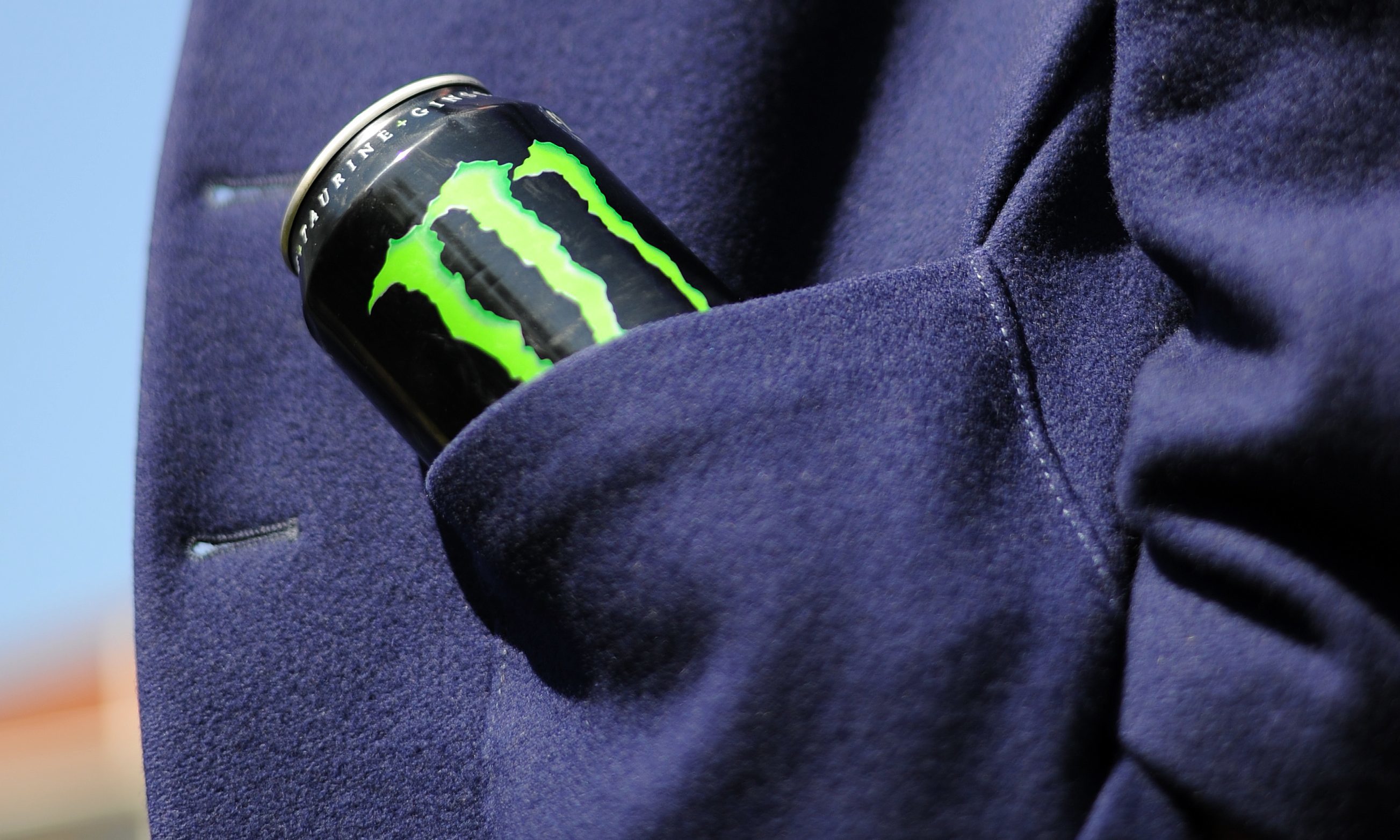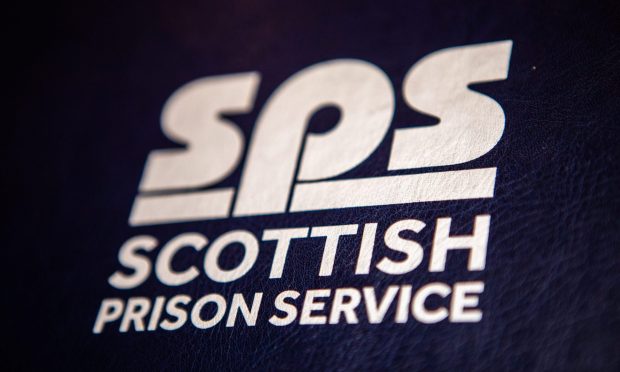As part of The Courier’s Can It campaign calling for a ban on energy drinks in our schools, here we hear from Malcolm Clark, co-ordinator of the Children’s Food Campaign run by Sustain. The alliance for better food and farming has led calls for a “sugar tax” and improvements in school food.
With the Courier’s ‘Can it’ campaign and schools’ and politicians’ response, it is great to see a fightback against the prevalence of energy drink consumption among under-16s.
Despite manufacturers’ pledges to clean up their act, energy drinks are still the Wild West of the soft drinks industry: often shockingly and unnecessarily high in sugar and caffeine, and marketed heavily to older children and teenagers, using teen sports stars to promote their brands.
Teachers increasingly approach us with their concerns about pupils coming in to school with (or having consumed) energy drinks.
Health professionals too are worried as consumption of energy drinks by children and adolescents is strongly associated with risky behaviours, such as the use of alcohol or smoking.
At the same time, we’re also starting to hear from teens themselves, frustrated at being bombarded by marketing for energy drinks, especially when taking part in or following their favourite activities and sports.
Schools should not be afraid to introduce policies restricting pupils from bringing in energy drinks (and their only slightly better ‘cousins’, sports drinks) on to school grounds, in the same way as they can – rightly – decide to have a closed site at lunch time to limit pupils’ access to junk food.
The Scottish campaign group Responsible Retailing of Energy Drinks has been at the forefront of trying to get shops to pledge not to sell these drinks to under 16s – a policy which we’d like to see major retailers adopt.
And the UK government’s introduction of a sugary drinks levy from 2018 should help to lower sales of some of the most sugary varieties as well as encourage companies to reduce the sugar content.
But there’s still much more that needs to be done. The Committee of Advertising Practice is currently consulting on the marketing of less healthy food and drink to children, yet their proposals won’t do much to dent the techniques favoured by energy drinks companies.
Both the Scottish and Westminster governments need to step in to ensure much tighter restrictions.
And then there’s what local authorities, commercial operators and entertainment venues can do to promote access to free drinking water in public spaces and places where children congregate.
For example the Children’s Health Fund has used the first tranche of money received from restaurants adopting a voluntary levy on sugary drinks to support schools and community groups, including one in this region, to increase access to tap water and will shortly announce further support for such initiatives.
For more on our campaign, click here.








